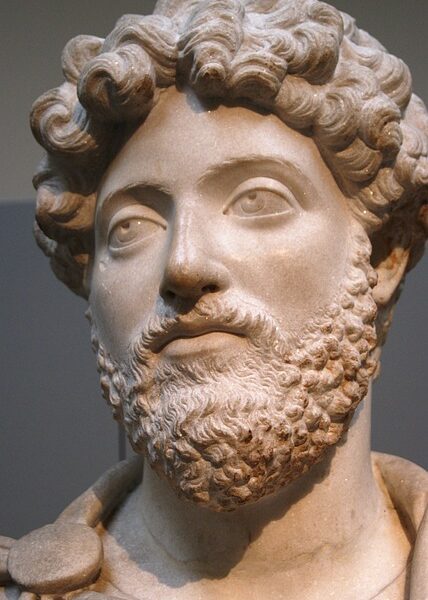The Invited Philosophers Anna & Ben This was the 18th dinner, a vegetarian dinner at my house. Menu Appetizer: Boursin Garlic & Fine Herbs with Multigrain Bread from the Marie Blachère Bakery Main course: Sicilian Fettuccini with Zucchini, Mushroom, Tomatoes, and Beyond Meatballs Italian Style Plant-Based Meatballs Drinks: Apple Cider London Dry by Schilling Hard Cider The Philosophies Stoic Philosophy started in Greece in 300 BC with Philosopher Zeno but
it was the Romans during the Roman Empire who developed it into what it is known today. It emphasizes living virtuously and finding inner peace by accepting what is beyond our control. In another continent, the three guṇas, sattva, rajas, and tamas, are now a key concept in nearly all schools of Hindu philosophy and refer to the interplay of the guṇas in defining the character of someone and determining…
Read More ›




